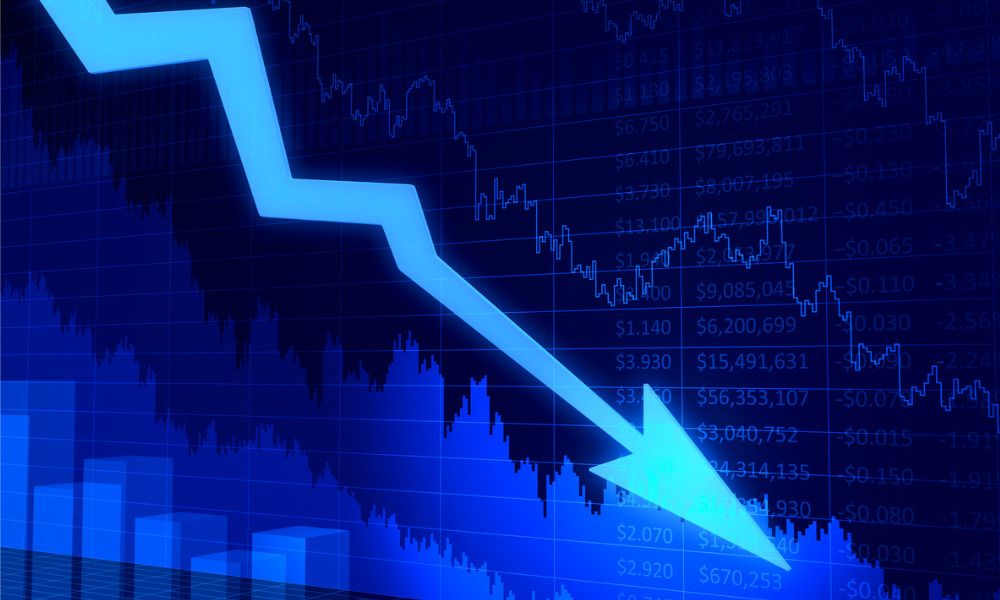

Emerging-market stocks just crossed another grim milestone: They’ve tumbled to the lowest level in 36 years relative to US equities.
MSCI Inc’s benchmark for developing-nation equities slipped to begin the week as Israel’s retaliation against attacks by Hamas sparked fears of a broader conflict between the US and Iran.
That took the gauge, as of Monday’s close, to the weakest-ever level relative to the S&P 500 Index in data going back to 1987. The ratio has since recovered, with the emerging-market benchmark adding 2.3% in the past two days.
“Investors need to look beyond the benchmark index given the 30% China weight, as emerging-market performance ex-China has done much better than the index alone indicates,” said Jitania Kandhari, deputy chief investment officer at Morgan Stanley Investment Management. “Selective countries in EM are doing well.”
Broad emerging-market benchmarks have faced several headwinds this year, with the latest selloff in shares since July wiping out $1.8 trillion of shareholder wealth. The MSCI gauge erased all of its 2023 gains last month and is little changed for the year, compared with a 14% rally in the S&P 500.
The drop has come as traders bet that higher-for-longer interest rates in the US lead to further dollar strength, keeping pressure on riskier assets. China’s stumbling economy has also been central to recent underperformance, especially as the nation’s companies account for roughly a third of the broad emerging-market gauge.
“For the broader EM index to start outperforming, investors need to see concrete actions for a strong recovery from the Chinese administration,” said Ashish Chugh, head of global emerging-market equities at Loomis, Sayles & Co. in Boston.
The earnings performance and outlook of developing-nation companies has also been deteriorating, leading investors to shun the assets despite cheaper valuations. Consolidated profits at emerging-market companies, based on a trailing 12-month basis, have fallen to the lowest level since May 2021, according to data compiled by Bloomberg.
Equity analysts have cut their forecasts for 12-month profits at developing-nation companies by 2.8%, while they have raised the projections for US firms by 4.5%.
That leaves outperformance within emerging-market stocks likely to be limited to those that benefit from strong growth dynamics, said Loomis’s Chugh.
“India, Indonesia and Brazil are doing very well — both cyclically and structurally — and should continue to deliver strong returns,” he said. “The driver of their performance will continue to be strong earnings growth, as well as a supportive macro environment.”

Rajesh Markan earlier this year pleaded guilty to one count of criminal fraud related to his sale of fake investments to 10 clients totaling $2.9 million.

From building trust to steering through emotions and responding to client challenges, new advisors need human skills to shape the future of the advice industry.

"The outcome is correct, but it's disappointing that FINRA had ample opportunity to investigate the merits of clients' allegations in these claims, including the testimony in the three investor arbitrations with hearings," Jeff Erez, a plaintiff's attorney representing a large portion of the Stifel clients, said.

Chair also praised the passage of stablecoin legislation this week.

Maridea Wealth Management's deal in Chicago, Illinois is its first after securing a strategic investment in April.
Orion's Tom Wilson on delivering coordinated, high-touch service in a world where returns alone no longer set you apart.
Barely a decade old, registered index-linked annuities have quickly surged in popularity, thanks to their unique blend of protection and growth potential—an appealing option for investors looking to chart a steadier course through today's choppy market waters, says Myles Lambert, Brighthouse Financial.
